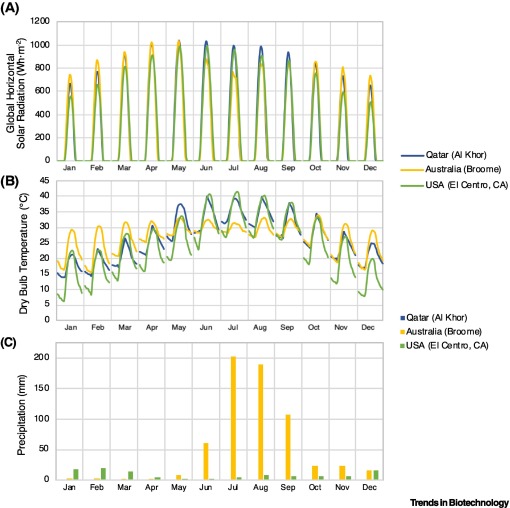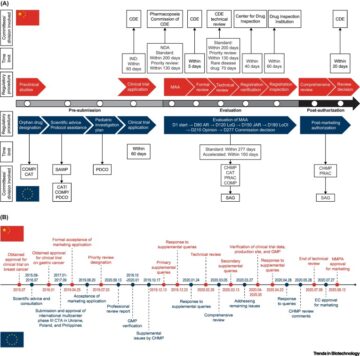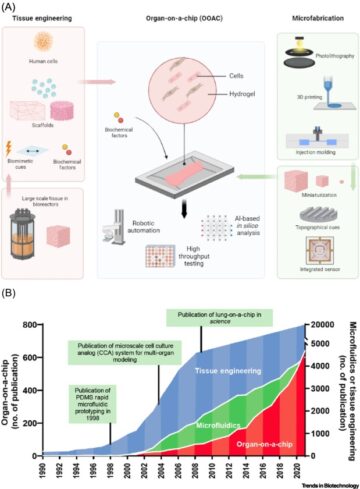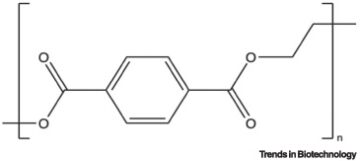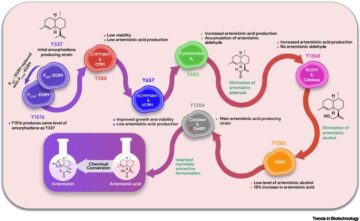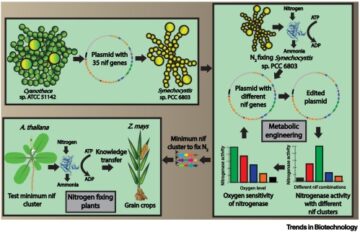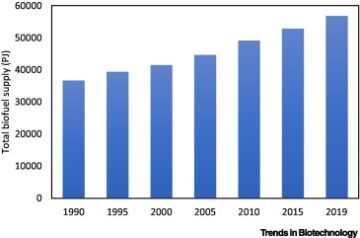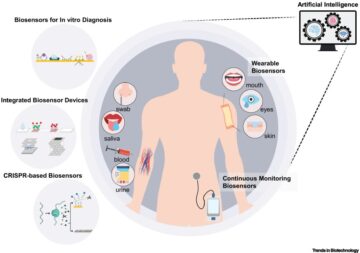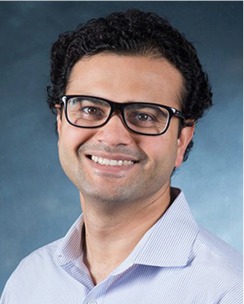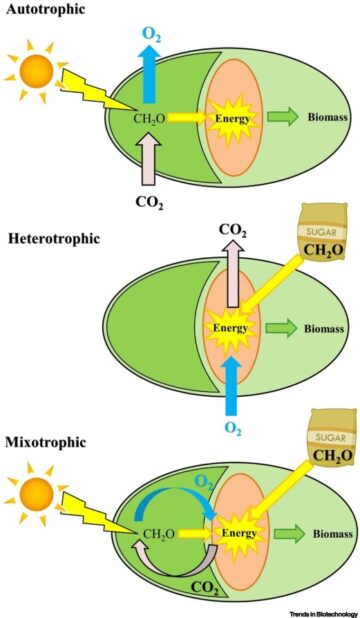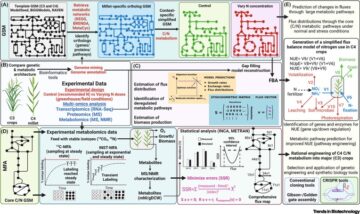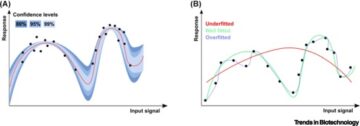
Glossary
Algaculture
the practice of growing, harvesting, and processing (farming) algae for commercial and industrial purposes.
Biorefinery
a conversion process aiming at complete valorization of all (algae) biomass fractions through the production of a range of products for food, feed, fuel, materials, pharma, and chemical applications.
Carbon capture, utilization, and storage (CCUS)
the process of capturing carbon dioxide from, for example, industrial flue gasses, to be converted into more valuable substances or products, or permanently stored in underground reservoirs.
Carbon dioxide enhanced oil recovery
a method for increasing oil production through the injection of pressurized CO2 into existing oil reservoirs, thereby displacing remaining oil towards a production (extraction) well.
CORSIA
the Carbon Offsetting and Reduction Scheme for International Aviation; a global offsetting scheme that aims at stabilizing net CO2 emissions from international civil aviation at 2020 levels and further reducing them to 50% of 2005 levels by 2050.
Culture collection
repositories that focus on the acquisition, preservation, cataloguing, and distribution of viable cultures of standard reference microorganisms, cell lines, and other biological cultures.
Economic diversification
the process of shifting an economy away from a single income source, such as fossil fuels, toward multiple sources from a range of sectors and markets.
Extremophiles
(micro)organisms with the ability to thrive exclusively in extreme environments otherwise generally stressful or inhibiting to other (similar) organisms, such as elevated temperatures (thermo), light intensities (photo), and/or salinities (halo), often referred to as thermo-, photo-, or halophiles, respectively. Alternatively, thermo-, photo-, or halotolerant species can survive under such extreme conditions, but do not necessarily require them for growth.
Gas-to-liquid (GTL)
a chemical refinery process that converts gaseous hydrocarbons, such as natural gas, into longer-chain hydrocarbons, such as gasoline or diesel.
GDP
gross domestic product; the standard measure of the added value created through the production of goods and services in a country during a certain period of time.
Gulf Cooperation Council (GCC)
also referred to as ‘the Gulf’, a regional intergovernmental political and economic union consisting of six countries on the Arabian Peninsula: Bahrain, Kuwait, Oman, Qatar, Saudi Arabia (KSA), and the United Arab Emirates (UAE).
Hydrothermal liquefaction
a thermal process used to convert wet (algal) biomass into crude-like oil under moderate temperature and high pressure.
Photoinhibition
the reduction of photosynthetic activity as a result of excessive light and subsequent photon oversaturation of photosynthetic systems, leading to decreased growth and, in extreme cases, cell death.
SMEs
small and mid-size enterprises; accounting for the majority of businesses worldwide, playing a major role in economies, employing vast numbers of people, and helping to shape innovation.
Strain
a genetic variant or subtype of a particular species of microorganism. Strains belonging to same or closely related species can have different characteristics between them due to adaptations to different environmental conditions.
SWOT analysis
a technique for assessing the performance, competition, risk, and potential of a business, through analyzing internal strengths and weaknesses and external opportunities and threats that shape current and future operations and help develop strategic goals.
- SEO Powered Content & PR Distribution. Get Amplified Today.
- Platoblockchain. Web3 Metaverse Intelligence. Knowledge Amplified. Access Here.
- Source: https://www.cell.com/trends/biotechnology/fulltext/S0167-7799(22)00301-8?rss=yes
- 2020
- a
- ability
- Accounting
- acquisition
- activity
- Adaptations
- added
- Aiming
- aims
- All
- analyzing
- and
- applications
- Arab
- Arabian
- aviation
- bahrain
- between
- business
- businesses
- capture
- Capturing
- carbon
- carbon dioxide
- cases
- certain
- chains
- characteristics
- chemical
- closely
- commercial
- competition
- complete
- conditions
- Consisting
- Conversion
- convert
- converted
- cooperation
- Council
- countries
- country
- created
- Current
- Death
- develop
- different
- distribution
- Domestic
- during
- Economic
- economies
- economy
- elevated
- emirates
- Emissions
- enhanced
- enterprises
- environmental
- environments
- example
- exclusively
- existing
- external
- extreme
- farming
- Focus
- food
- fossil fuels
- from
- Fuel
- further
- future
- GAS
- gasoline
- GCC
- generally
- Global
- Goals
- goods
- Growing
- Growth
- Harvesting
- help
- helping
- High
- HTTPS
- in
- Income
- increasing
- industrial
- Innovation
- internal
- International
- kuwait
- leading
- levels
- light
- lines
- major
- Majority
- Markets
- materials
- measure
- method
- mid-size
- more
- multiple
- Natural
- Natural Gas
- necessarily
- net
- numbers
- Oil
- oman
- Operations
- opportunities
- Other
- otherwise
- particular
- People
- performance
- period
- permanently
- perspective
- Pharma
- plato
- Plato Data Intelligence
- PlatoData
- playing
- political
- potential
- practice
- pressure
- process
- processing
- Product
- Production
- Products
- purposes
- Qatar
- range
- realizing
- reducing
- referred
- regional
- related
- remaining
- require
- result
- Risk
- Role
- same
- Saudi
- Saudi Arabia
- scheme
- Sectors
- Services
- Shape
- SHIFTING
- similar
- single
- SIX
- Source
- Sources
- standard
- storage
- stored
- Strains
- Strategic
- subsequent
- such
- survive
- Systems
- The
- thereby
- thermal
- threats
- Thrive
- Through
- time
- to
- top
- toward
- towards
- UAE
- under
- union
- United
- United Arab Emirates
- Valuable
- value
- Variant
- Vast
- viable
- worldwide
- zephyrnet

